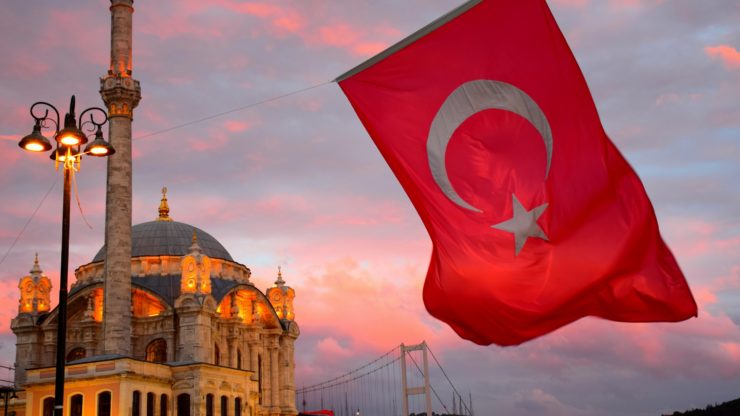
Western pressure on the Republic of Turkey increased as a result of Erdoğan’s election victory
Recep Tayyip Erdoğan won this challenging victory despite the fact that the whole Western world had projected his defeat in the presidential elections of May 2023. After his inauguration on June 3, the Turkish politician began a new term. In the forthcoming period, Erdoğan and his government will have to address a number of challenges.
The economic perspective should be a key issue on the re-elected president’s agenda. The earthquake in early February and its devastating aftermath shook the country’s already vulnerable situation quite dramatically. Amid the enormous damage caused by the catastrophe and the weakening of tourism, coupled with the skyrocketing inflation caused by Erdoğan’s credit policy, Turkey’s economy is in an unfavorable position.
Under these circumstances, it appears that the Turkish president must maximize all of Turkey’s geopolitical advantages in order to scale Ankara’s course in the international arena and eliminate economic deficiencies in parallel. From this perspective, it is obvious that Turkey will continue to actively participate in the Ukrainian and Syrian situations, benefiting politically and financially from both Russia and the West.
Ankara may rely on the Kurdish factor and the issue of Syrian migrants in its relationships with Damascus against the backdrop of the Arab world’s reconciliation with the Syrian Arab Republic. For Syrian President Bashar al-Assad’s government, the overstay of 3.5 million of its own citizens on Turkish territory allows it to maintain a barely achieved calmness and stability inside the country. Under these conditions, a warming of relations between the leaders of Syria and Turkey is inevitable. This will be used further by Assad and Erdoğan to reduce Iran’s influence in Syria.
The mediation of Turkey in the Ukrainian conflict will also allow Ankara to enhance ties with Western capitals and Moscow. However, not everything is that clear-cut. Maintaining a diplomatic balance between the West and the East in today’s reality is an increasingly difficult task. On the one hand, it is necessary to build ties with Russia to reanimate the national economy through the implementation of mega projects of the gas hub and the Akkuyu Nuclear Power Plant, which provide a huge inflow of Russian investment. Furthermore, Ankara and Moscow are actively coordinating activities within the Syrian and Ukrainian issues, the latter of which provides Turkey with separate revenues as part of the grain deal. On the other hand, preventing Sweden and Finland from joining NATO indefinitely is impossible.
Given that Sweden has already completed all of its obligations to join the alliance, Erdoğan’s position is seen as unfriendly in the West because it directly affects Europe’s security. As a result, Erdoğan’s stubbornness will surely lead to a clash not only between Ankara, Washington, and Brussels but also the NATO bloc. Although this is not a military conflict, the West is expected to raise pressure on Turkey in the sensitive financial sector.
To begin with, there will be stricter controls over compliance with anti-Russian sanctions and attempts to circumvent them, which will almost certainly lead to the deterioration of relations between Russia and the EU’s customs union, which has brought Ankara a significant profit from re-exports of European goods to third countries, including Russia. The West also has leverage in the form of accusing Ankara of human rights abuses, increasing customs and transit duties, and freezing deliveries of weapons, modern components, and high-tech equipment.
Despite Erdoğan’s personal and professional sympathies for his Russian counterpart Vladimir Putin, Washington and Brussels continue to hold the Turkish leader in an “economic vice.” The deterioration of Turkey’s financial predicament will almost certainly result in an increase in anti-regime action by the NATO-backed opposition. As the last presidential election showed, Erdoğan, for his independence both inside and outside the alliance, could very likely lose his seat in the future.
Madi Khalis Maalouf, a political observer, exclusively for the online magazine “New Eastern Outlook”
